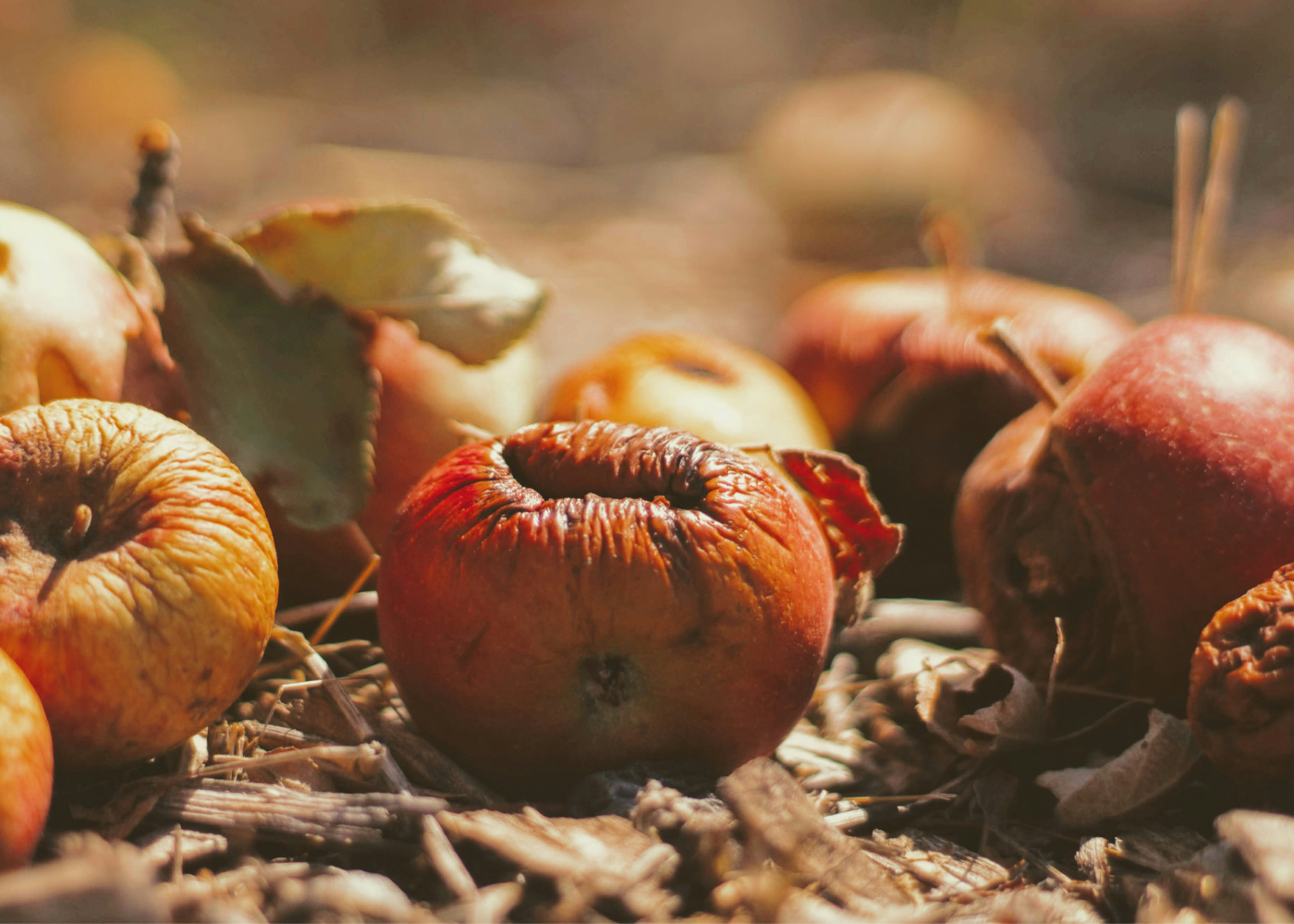Food waste is a big problem - in Germany, around 78 kilograms of food per person ends up in the trash every year. This not only affects your wallet, but also the environment. But there is good news: you can actively do something about it! With these five practical tips, you can reduce food waste and at the same time create a more sustainable everyday life.
1. Plan your purchases – and stick to them
A clear plan helps you to only buy what you really need. Before you go shopping, think about what dishes you want to cook during the week and write a shopping list. Spontaneous purchases often lead to more ending up in the basket than is really necessary.
Tip: Store perishable foods so that you can see them straight away – this will help you use them up in time.
2. Use your leftovers creatively
Leftover food is not rubbish, but the basis for creative dishes! You can use leftover vegetables to make soups, casseroles or bowls. Even bread from the day before can be turned into croutons or bread salad.
Recipe idea:
A quick vegetable stir-fry: Simply fry leftovers such as peppers, zucchini and carrots, season with herbs and enjoy as a side dish or main course.

3. Rely on home-grown produce
When you grow your own vegetables, you can harvest exactly the amount you need. This prevents excess and ensures that everything is fresh and nutritious. Indoor gardens like the Everleaf Garden make this possible even without a balcony or garden.
Advantage: No surplus, no unnecessary transport, and you always have fresh vegetables on hand!

4. Understand the shelf life of food
The best-before date does not mean that a product is automatically bad after that date. Many foods can often be eaten for days or weeks if they are stored correctly. Smell, look and taste - this is how you can quickly tell whether a product is still good.
Did you know?
Unopened yoghurt can often still be eaten weeks after the expiration date.
5. Share and donate food
Sometimes, despite your best planning, there is something left over that you can no longer use. In such cases, you can share it with neighbors, friends or via food sharing platforms. Many nonprofit organizations also welcome food donations.
Tip: Look for public “fair sharers” in your city where you can donate leftover food.

Conclusion:
Reducing food waste is easier than you think. With a little planning, creativity and the right approach – like growing your own vegetables with Everleaf – you can not only protect the environment, but also save money and live more consciously. Every step counts!
Are you ready to reduce food waste and live sustainably? Discover the Everleaf Garden and harvest fresh vegetables exactly when you need them!
